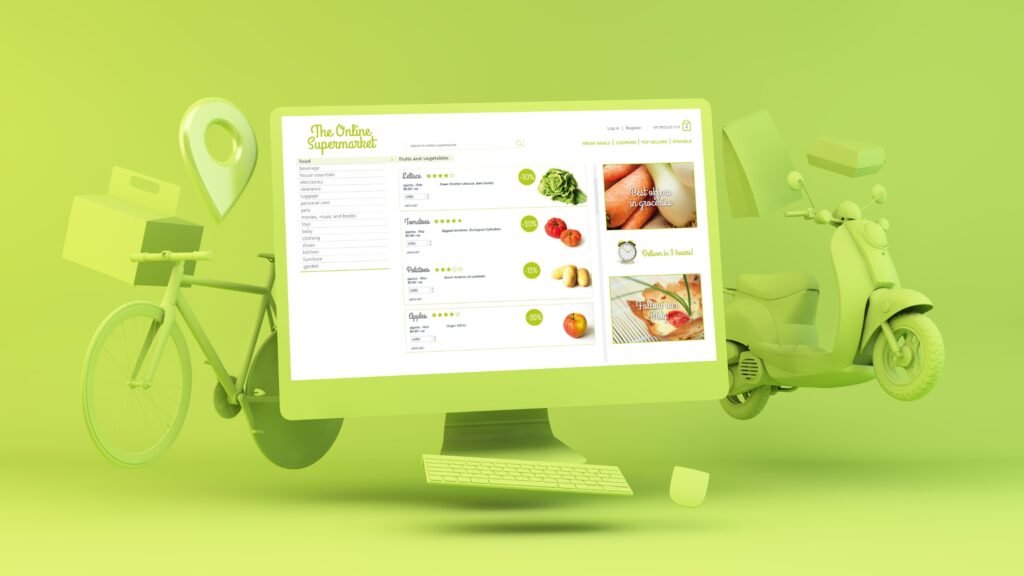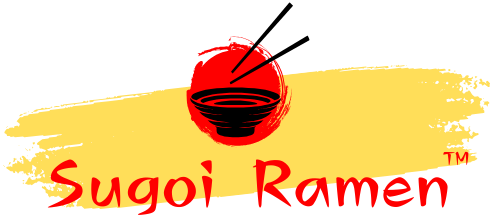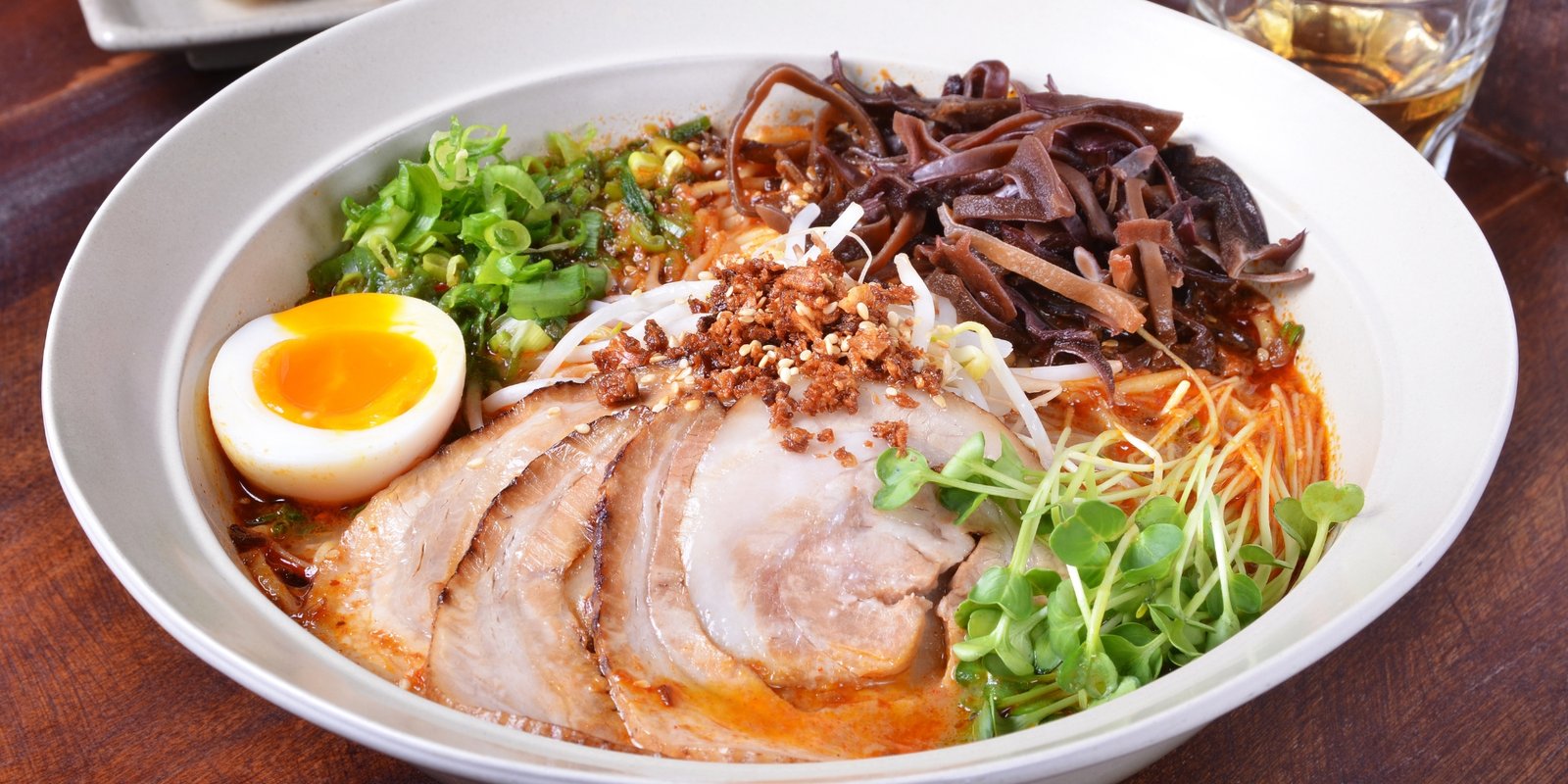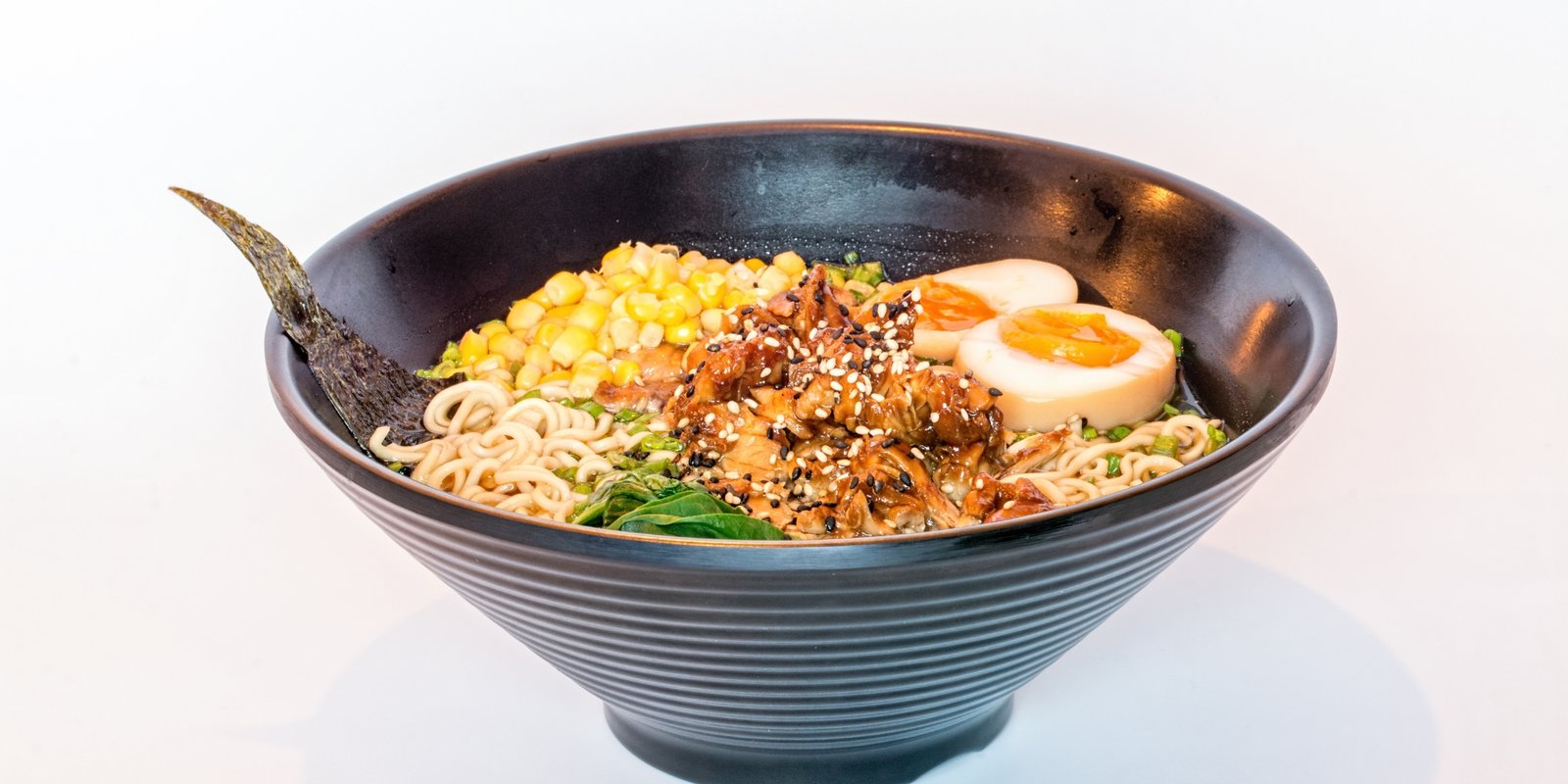In the rapidly evolving food industry, cloud kitchens are redefining the way meals are prepared and delivered. These delivery-only kitchens, designed for efficiency and scalability, rely heavily on technology to streamline operations, enhance customer experiences, and ensure timely deliveries. Here, we delve into the 10 technologies every cloud kitchen needs to optimize performance and dominate the competitive market.
1. Cloud-Based Kitchen Management Software (KMS)

A robust Kitchen Management Software (KMS) is the backbone of any cloud kitchen. These platforms help in automating order processing, inventory management, and workflow optimization. With features like real-time tracking, data analytics, and integration with third-party delivery platforms, KMS ensures that operations run smoothly and efficiently.
Key Benefits:
- Streamlined order processing
- Real-time inventory tracking
- Enhanced staff productivity
2. Online Ordering Systems

A user-friendly online ordering system is indispensable for cloud kitchens. Integrated directly with websites or mobile apps, these systems provide customers with seamless ordering experiences. Features like customizable menus, promotional offers, and real-time order tracking enhance customer satisfaction and retention.
Why It Matters:
- Increases customer engagement
- Reduces dependency on third-party aggregators
- Allows for better brand visibility
3. Point of Sale (POS) Systems
Modern POS systems for cloud kitchens are far more advanced than traditional cash registers. They come equipped with capabilities to handle online payments, generate detailed sales reports, and manage multiple kitchen outlets from a single dashboard. Cloud-based POS systems also integrate seamlessly with other tools like KMS and delivery platforms.
Advantages:
- Faster transaction processing
- Centralized management of multiple outlets
- Better financial transparency
4. Inventory Management Tools
Efficient inventory management is critical to minimize wastage and optimize costs. Smart inventory tools provide real-time tracking of ingredients, alerting kitchen managers about low stock levels. Predictive analytics further help in forecasting demand based on past data.
Key Features:
- Automated stock tracking
- Reduced food wastage
- Cost-effective procurement planning
5. AI-Powered Forecasting Tools

Artificial Intelligence (AI) is transforming the way cloud kitchens operate. AI-powered forecasting tools analyze customer data, predict peak demand times, and help kitchens prepare in advance. This technology is invaluable in avoiding over-preparation and under-preparation, ensuring optimal resource allocation.
Use Cases:
- Predicting customer preferences
- Optimizing staffing during peak hours
- Enhancing menu offerings
6. Delivery Route Optimization Software
Timely delivery is the lifeline of cloud kitchens. Delivery route optimization software uses real-time traffic data and advanced algorithms to ensure that drivers take the most efficient routes. This reduces delivery times, enhances customer satisfaction, and lowers fuel costs.
Benefits:
- Faster deliveries
- Improved driver productivity
- Lower operational expenses
7. Digital Kitchen Displays
Replacing traditional order tickets, digital kitchen displays (DKDs) provide chefs with a clear, real-time overview of incoming orders. They prioritize tasks, reduce errors, and improve communication between the kitchen staff.
Key Advantages:
- Real-time order updates
- Reduced preparation errors
- Enhanced kitchen efficiency
8. CRM Systems for Customer Insights
Customer retention is as important as acquisition. A Customer Relationship Management (CRM) system collects and analyzes customer data, providing insights into preferences, order history, and feedback. With this information, cloud kitchens can run targeted marketing campaigns and improve customer experiences.
Why It’s Essential:
- Builds customer loyalty
- Enables personalized marketing
- Improves overall customer satisfaction
9. Automated Marketing Platforms
An effective marketing strategy is crucial for any cloud kitchen’s success. Automated marketing platforms help in scheduling social media posts, sending promotional emails, and running ads. These platforms also provide analytics to measure the performance of marketing campaigns.
Features to Look For:
- Social media automation
- Email marketing tools
- ROI tracking
10. IoT-Enabled Kitchen Equipment
The Internet of Things (IoT) is revolutionizing kitchen operations by connecting equipment to smart systems. IoT-enabled devices provide real-time updates on equipment status, help monitor food preparation processes, and ensure compliance with health and safety standards.
Examples:
- Smart ovens with temperature control
- Refrigerators with spoilage alerts
- Automated food processors
How These Technologies Work Together
Implementing these technologies is not just about integrating standalone tools. The real power lies in their synergy. For instance, a POS system that communicates with KMS and CRM software provides seamless data flow, while IoT devices integrated with inventory tools ensure optimal stock levels. By leveraging these interconnected systems, cloud kitchens can achieve operational excellence and deliver superior customer experiences.
Future Trends in Cloud Kitchen Technology
The technology landscape is ever-evolving, and cloud kitchens must stay ahead of the curve. Emerging trends like robotic cooking, blockchain for supply chain transparency, and virtual reality for employee training are expected to redefine the industry. Adopting these innovations early will give cloud kitchens a significant competitive edge.
Conclusion
The cloud kitchen model is here to stay, and technology is its driving force. By investing in the right tools, cloud kitchens can streamline operations, enhance customer satisfaction, and maximize profitability. Whether you’re a new entrant or an established player in the market, embracing these 10 technologies is essential to thrive in the competitive landscape.
FAQs
Q1. What is a cloud kitchen, and how does it differ from a traditional restaurant?
A cloud kitchen is a delivery-only food preparation facility that operates without a dine-in option. It focuses on online orders, unlike traditional restaurants that serve customers on-site.
Q2. Why is technology important for cloud kitchens?
Technology streamlines operations, improves efficiency, and enhances customer experiences, making it essential for the success of cloud kitchens.
Q3. How do AI-powered tools benefit cloud kitchens?
AI tools help in demand forecasting, menu optimization, and resource allocation, ensuring smooth operations and better customer satisfaction.
Q4. What are IoT-enabled kitchen devices?
IoT-enabled devices are smart kitchen equipment connected to the internet, providing real-time updates and automation for better efficiency.
Q5. Which technology should a new cloud kitchen prioritize?
New cloud kitchens should prioritize kitchen management software, online ordering systems, and delivery optimization tools for a strong start.







